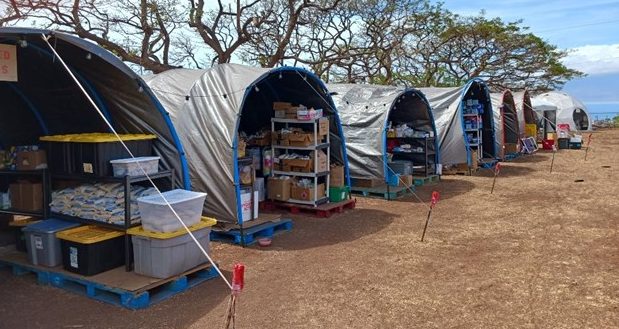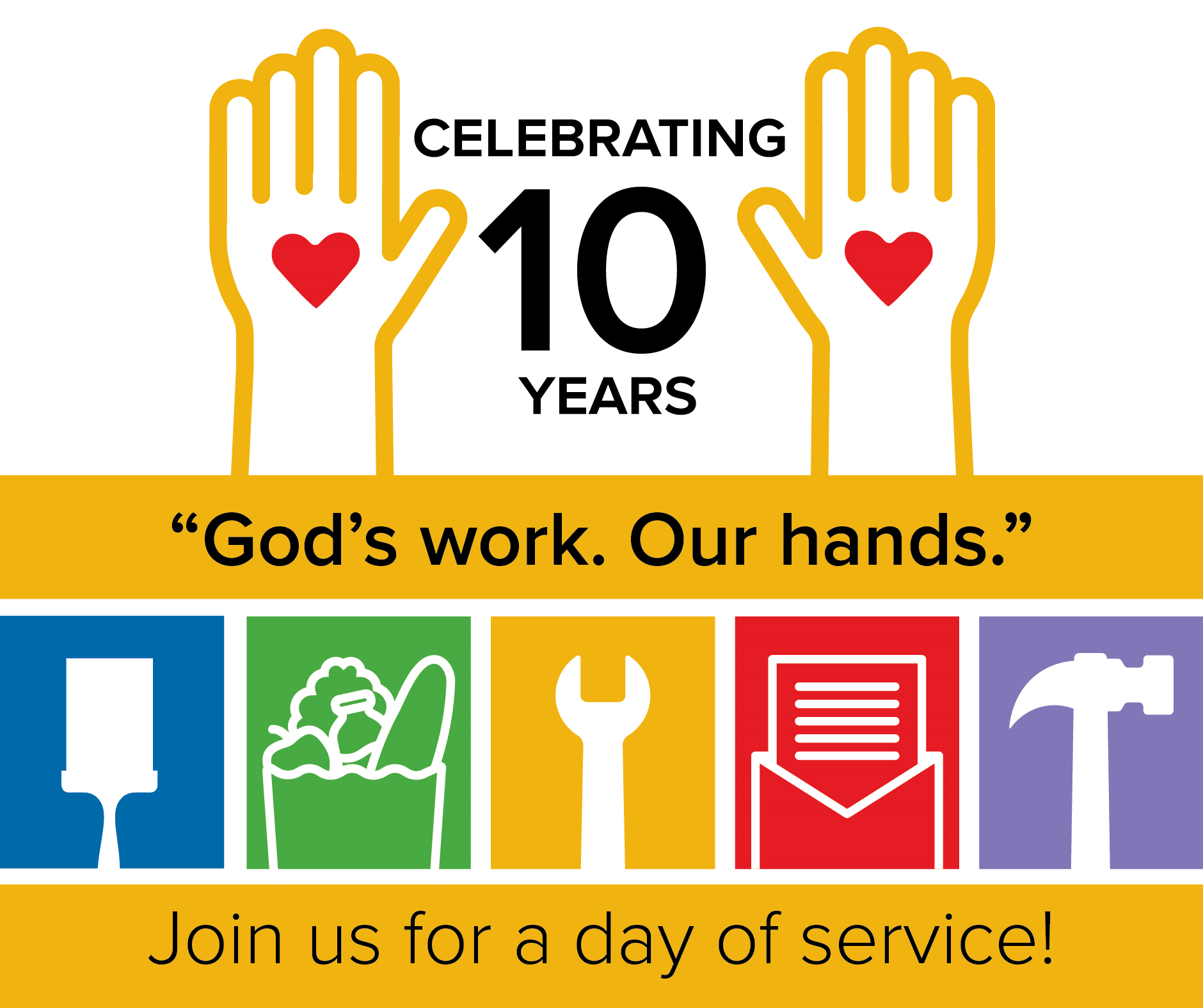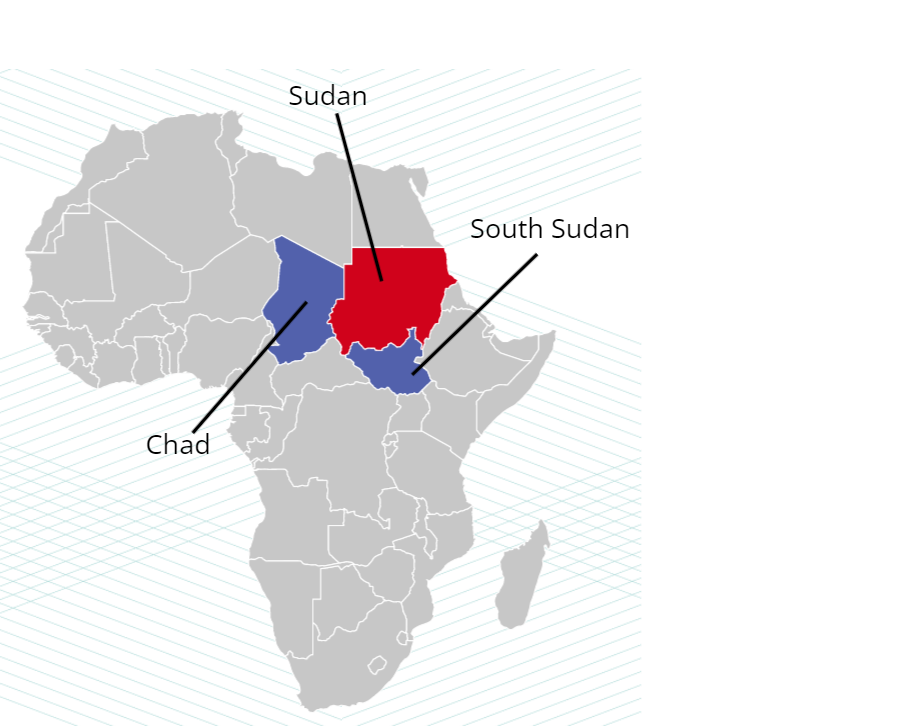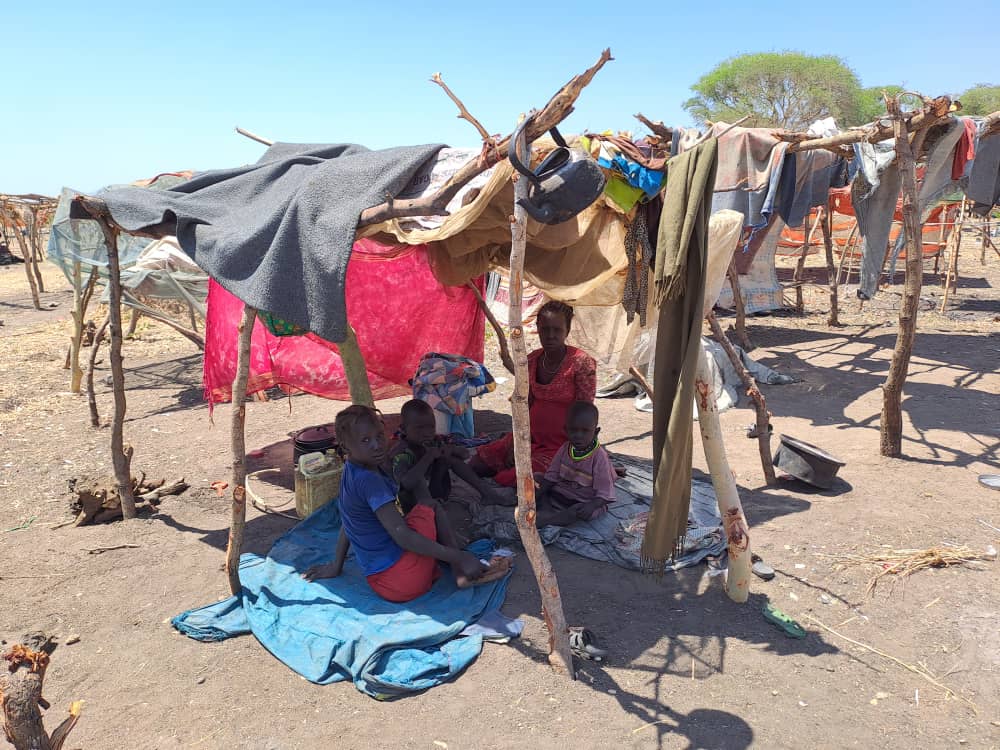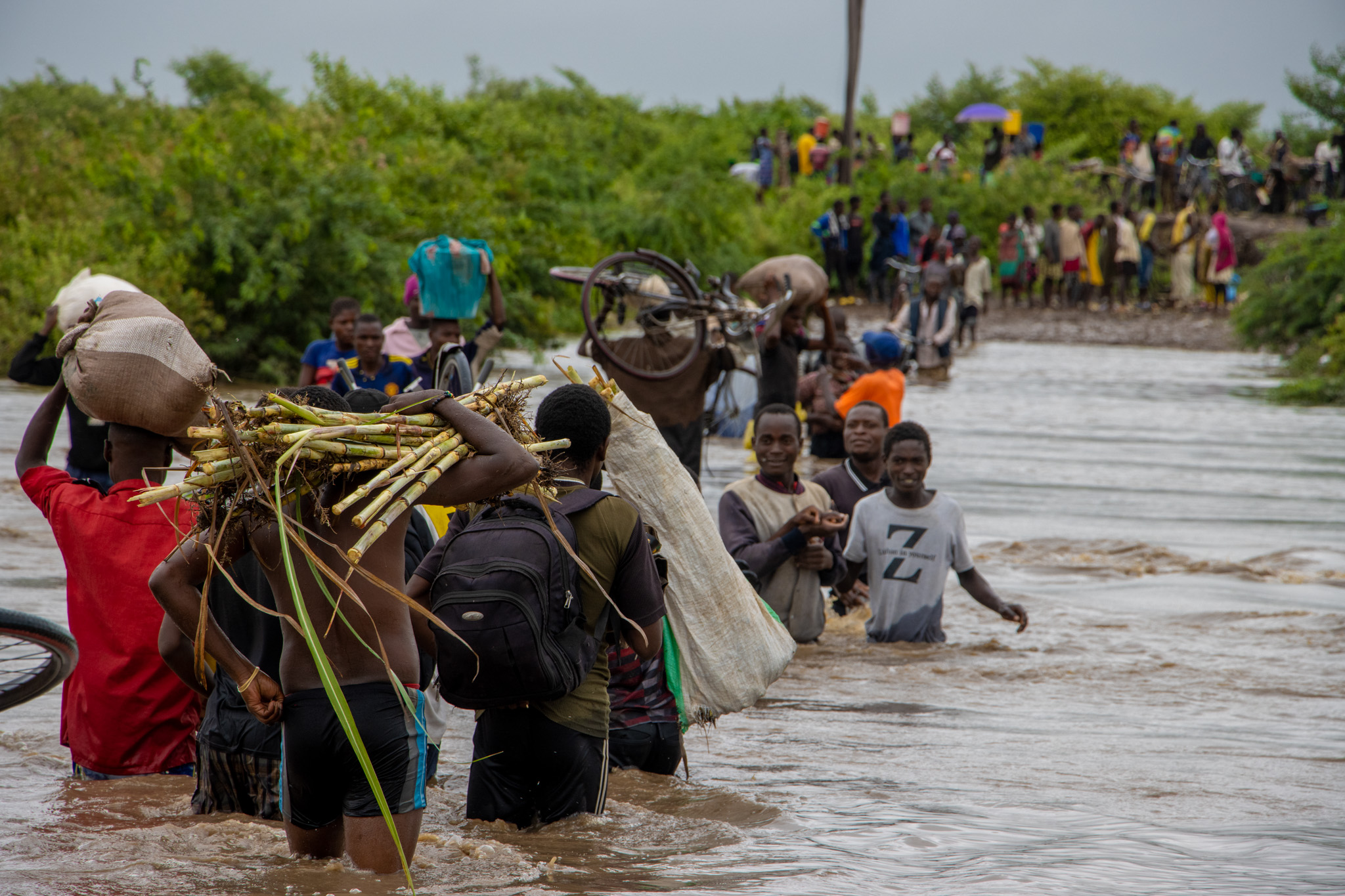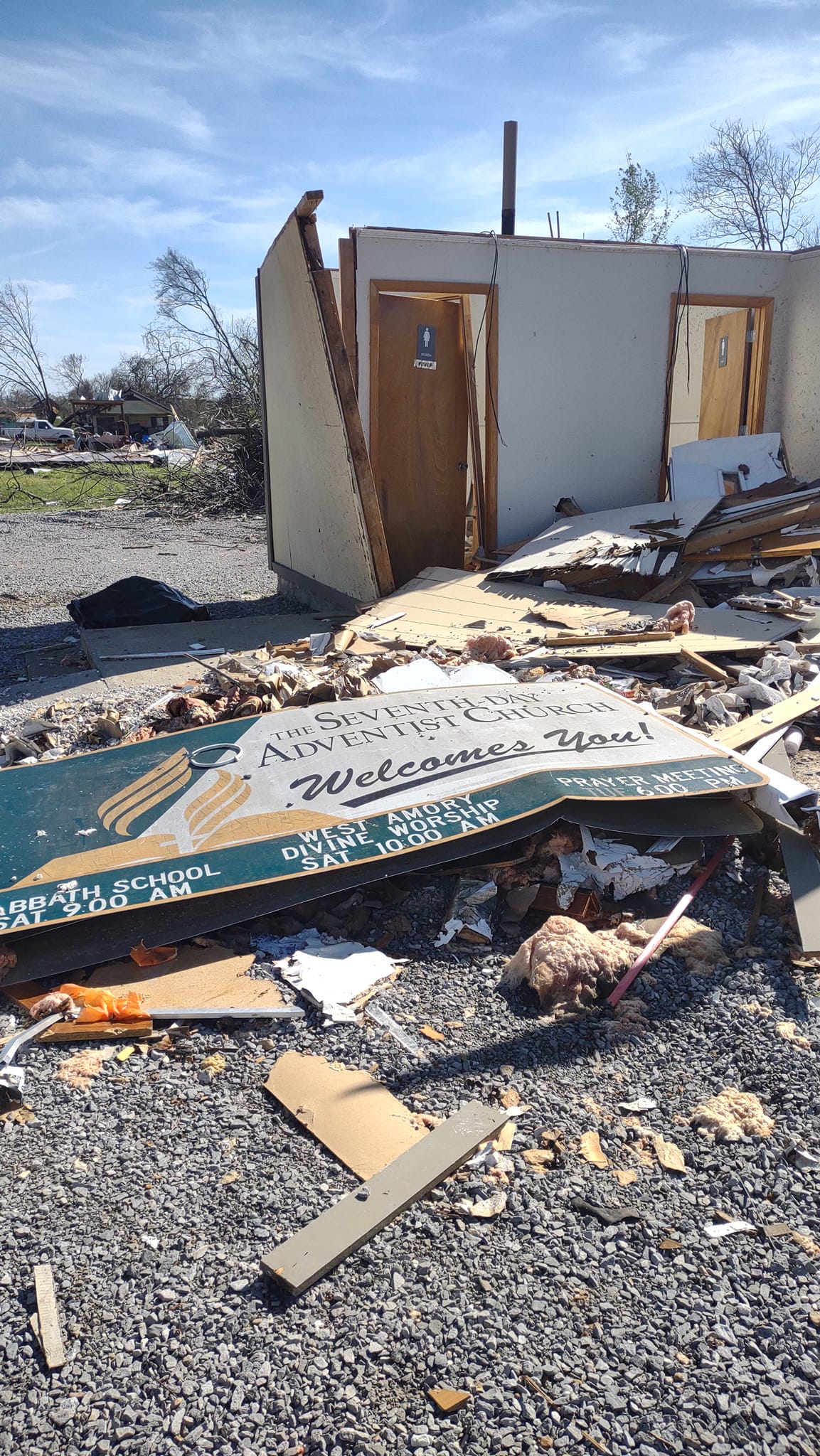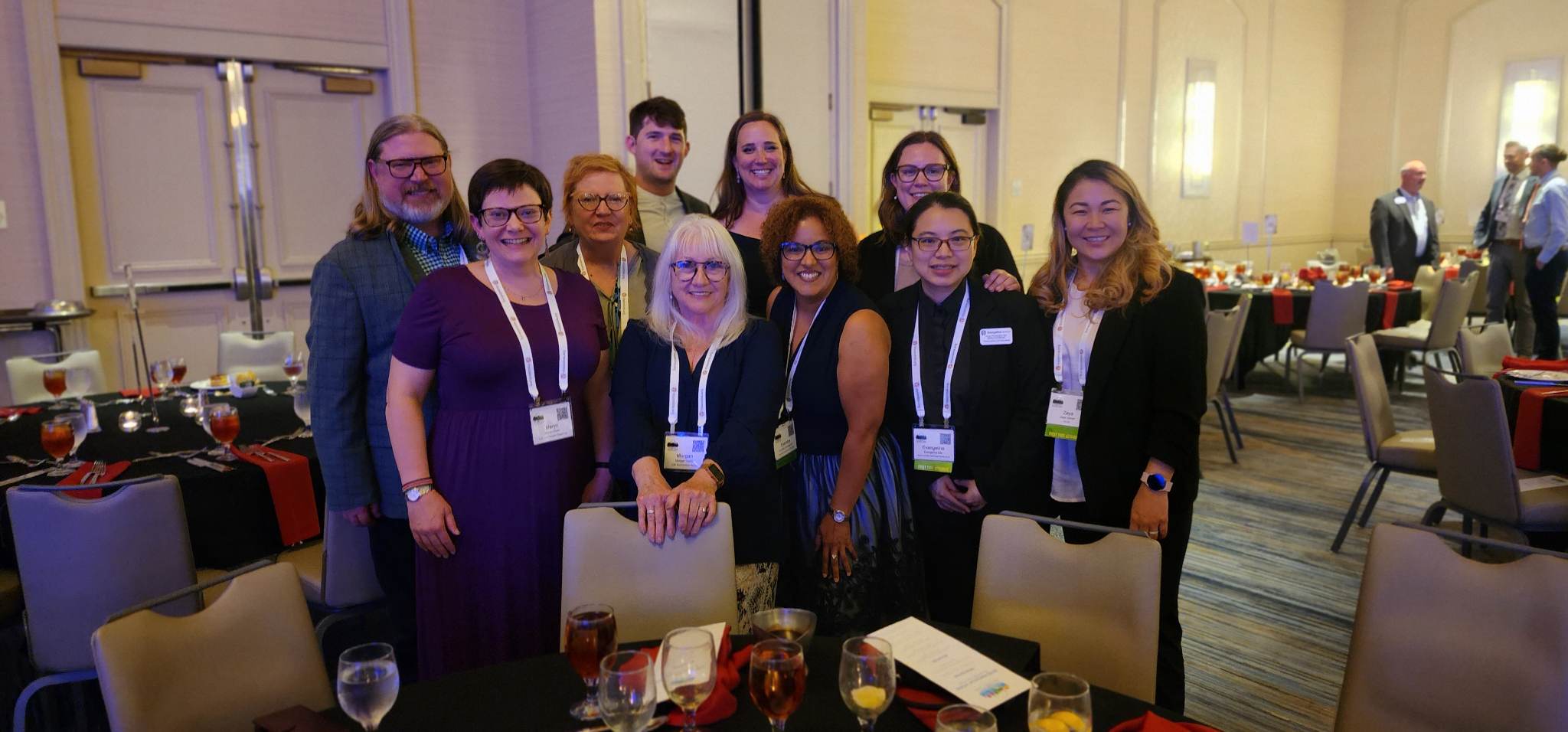
LDR staff with members of the LDR national network.
At the beginning of May, five Lutheran Disaster Response (LDR) staff members attended the National Voluntary Organizations Active in Disaster (NVOAD) conference in St. Louis, Missouri.
NVOAD is a coalition of community-based, faith-based and nonprofit disaster response organizations throughout the United States. Its purpose is to serve as a forum in which organizations can coordinate responses. In addition to the more than 70 national member organizations (including LDR), there are also VOADs at the state and local levels.
The NVOAD conference is an opportunity to network with other disaster organizations and attend various workshops, plenaries and vendor exhibitions. Pastor Matthew Zemanick, Program Director for LDR Initiatives, was one of the presenters for a session entitled “The Power of Place, Historical Trauma, and the Lifting up of Cultural Humility in Disaster Response.”
Reflections from LDR staff:
“This was my first time attending the National VOAD Conference, which had a record-breaking year with over 800 participants! It was amazing to see and notice how passionate the member organizations are about their work in disaster and love what they do. It helped me personally to see a bigger picture of how diverse the groups were and how important it is to have existing relationships with NVOAD members in the blue-sky times. My favorite time was connection with our LDR Community of Practice Members over meals and meeting with some of the LDR partners in person for the first time. It was a meaningful experience in many ways from networking, to making connections, to building new relationships, and being part of important discussions.”
-Zaya Gilmer, Program Manager, LDR-US 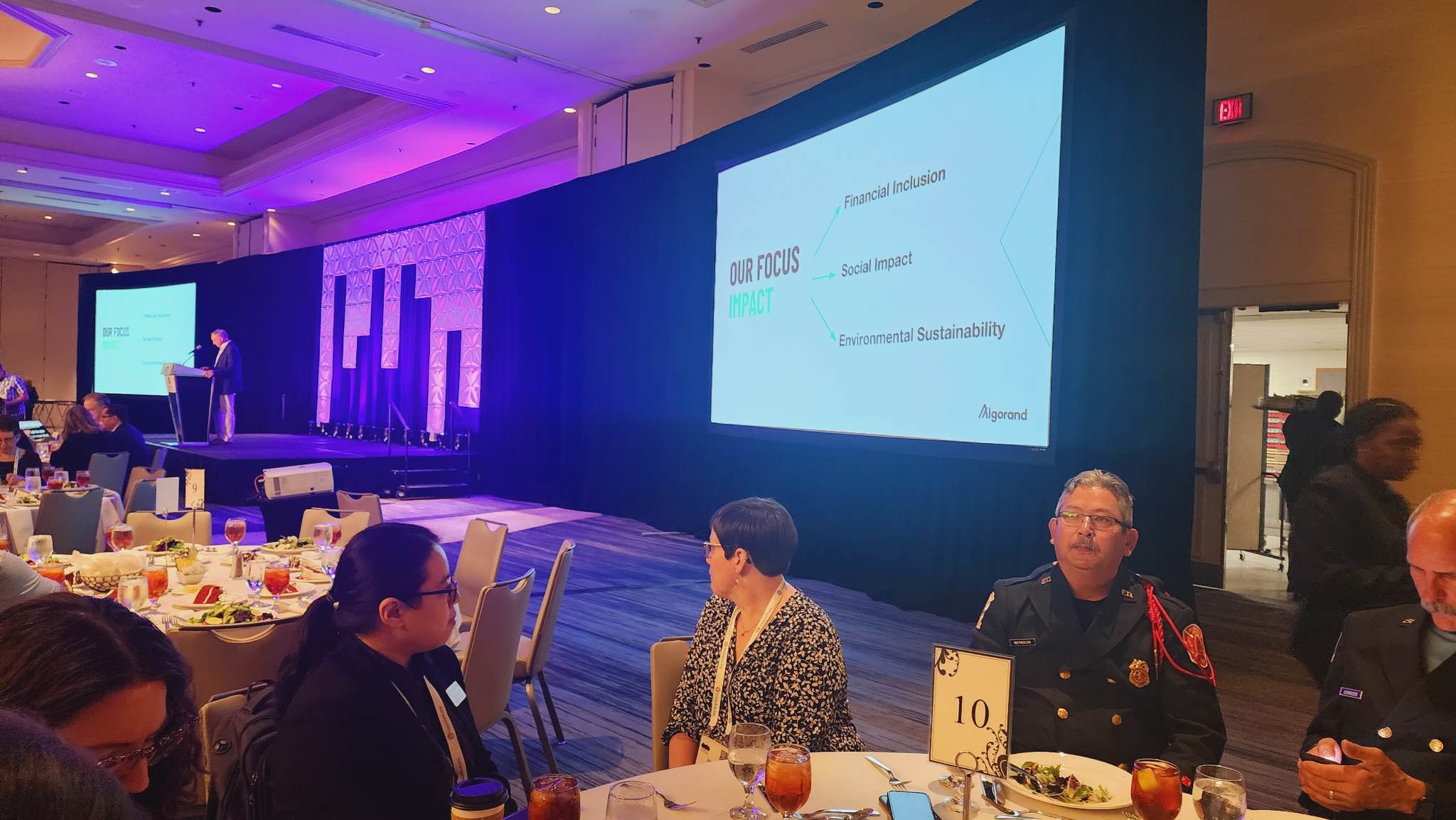
“The NVOAD conference was a wonderful opportunity to connect with new and long-time members of the LDR network. It was great to see people in person, to build and strengthen relationships, and deepen the bonds between LDR, our colleagues, and the institutions that provide humanitarian relief around the world.”
-Sean Coffman, Program Director, LDR Networks and Training
“This was my first NVOAD conference and I continue to be grateful 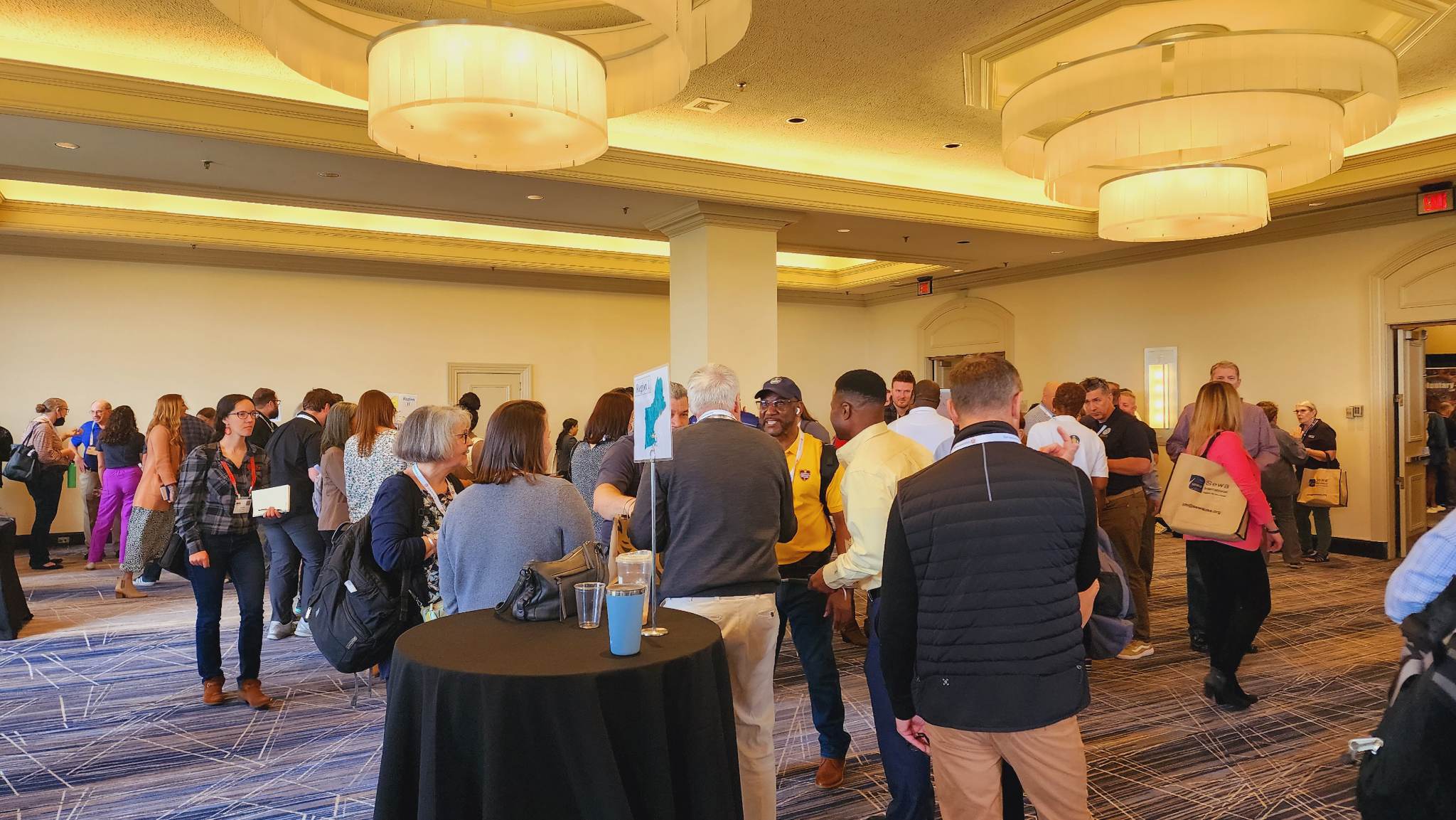 for the opportunity to have learned alongside the wide range of partners and organizations involved in responding to disasters. I’ve come to this work from parish ministry and community chaplaincy in an environmental justice community. As someone who grew up with a single mom who was a nurse, for me, one striking parallel between both the environmental justice movement and the VOAD movement is the amount of people with working-class backgrounds in leadership. Representation matters, especially when disasters disproportionately impact working-class and impoverished households. I am humbled and honored to be surrounded by such a great cloud of witnesses, which gives me tremendous hope in the ways the Spirit is guiding us.”
for the opportunity to have learned alongside the wide range of partners and organizations involved in responding to disasters. I’ve come to this work from parish ministry and community chaplaincy in an environmental justice community. As someone who grew up with a single mom who was a nurse, for me, one striking parallel between both the environmental justice movement and the VOAD movement is the amount of people with working-class backgrounds in leadership. Representation matters, especially when disasters disproportionately impact working-class and impoverished households. I am humbled and honored to be surrounded by such a great cloud of witnesses, which gives me tremendous hope in the ways the Spirit is guiding us.”
-Pr. Matthew Zemanick, Program Director, LDR Initiatives

